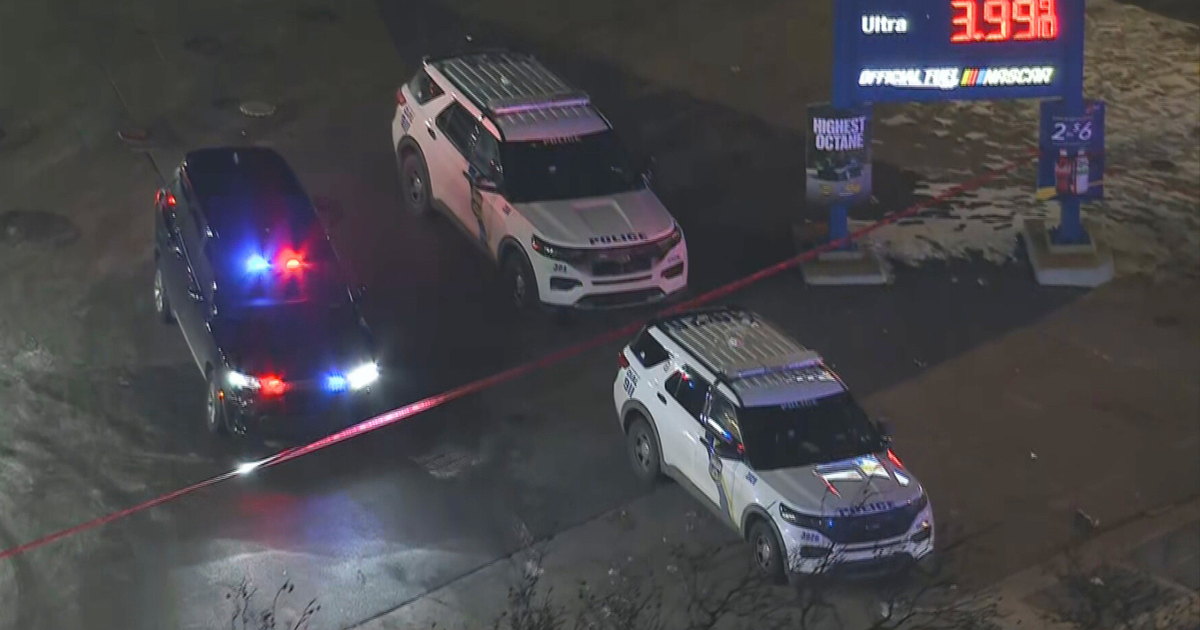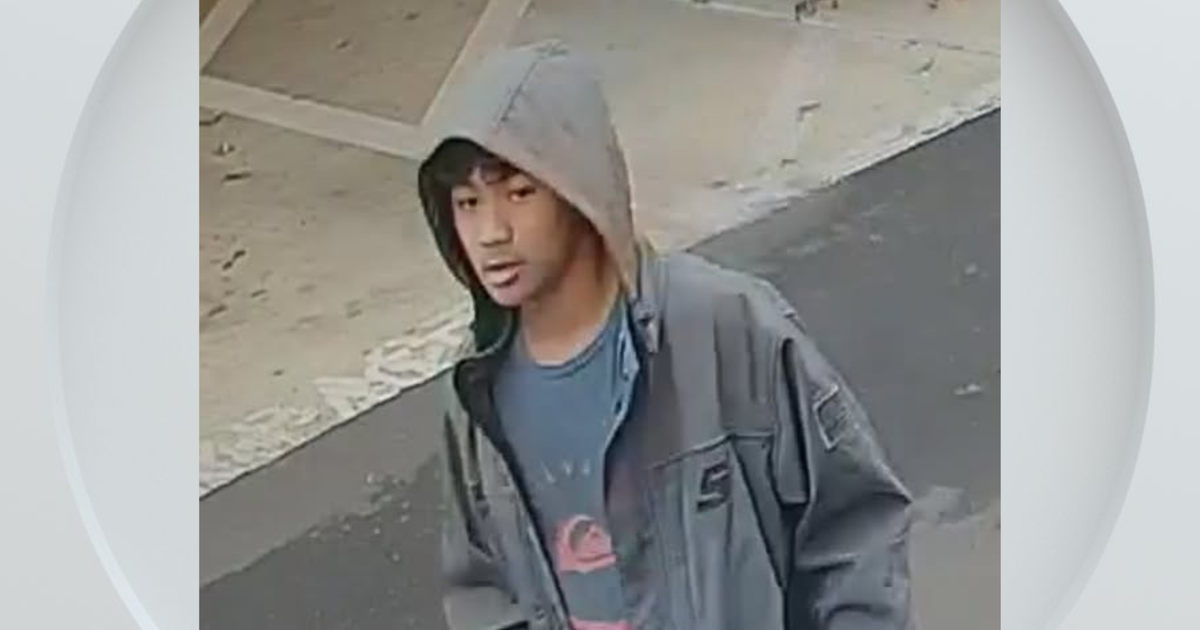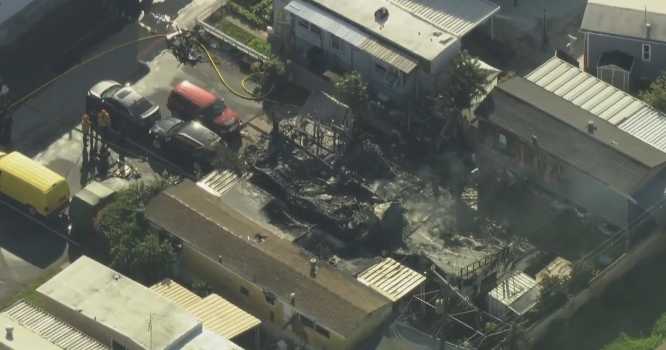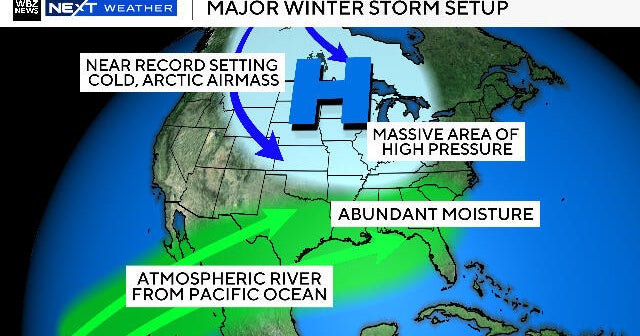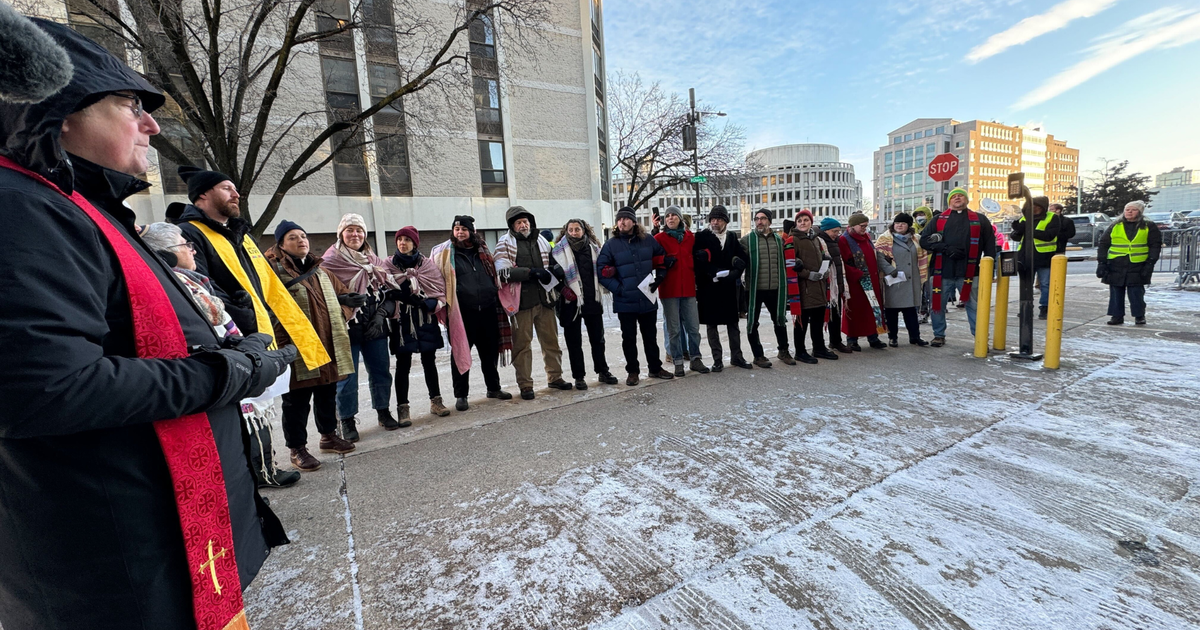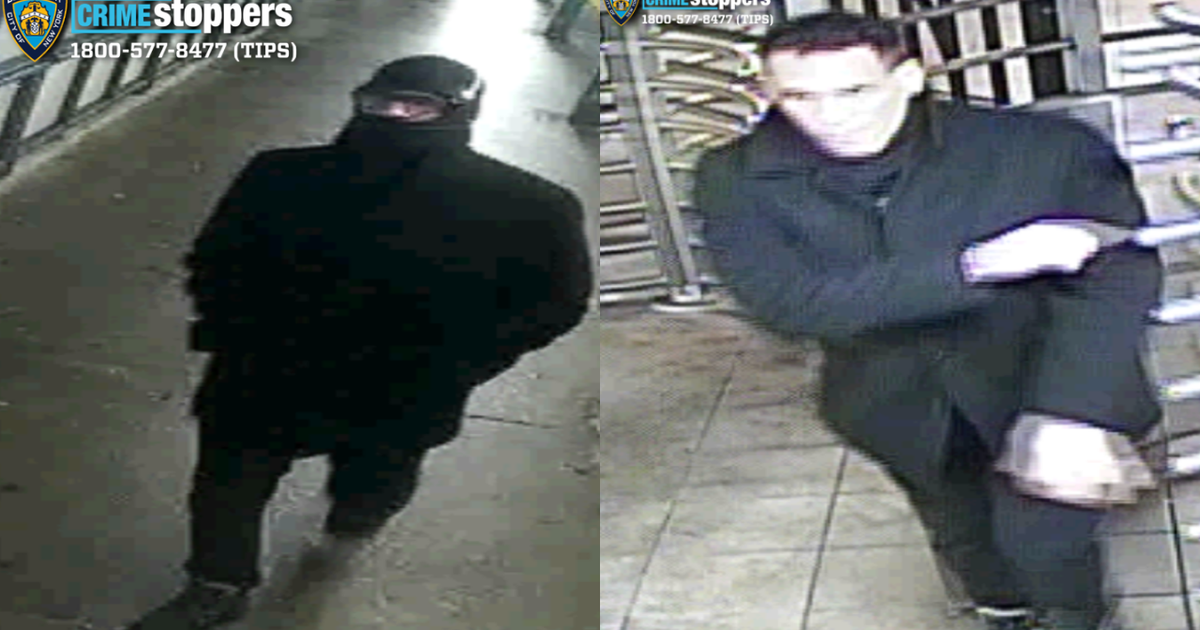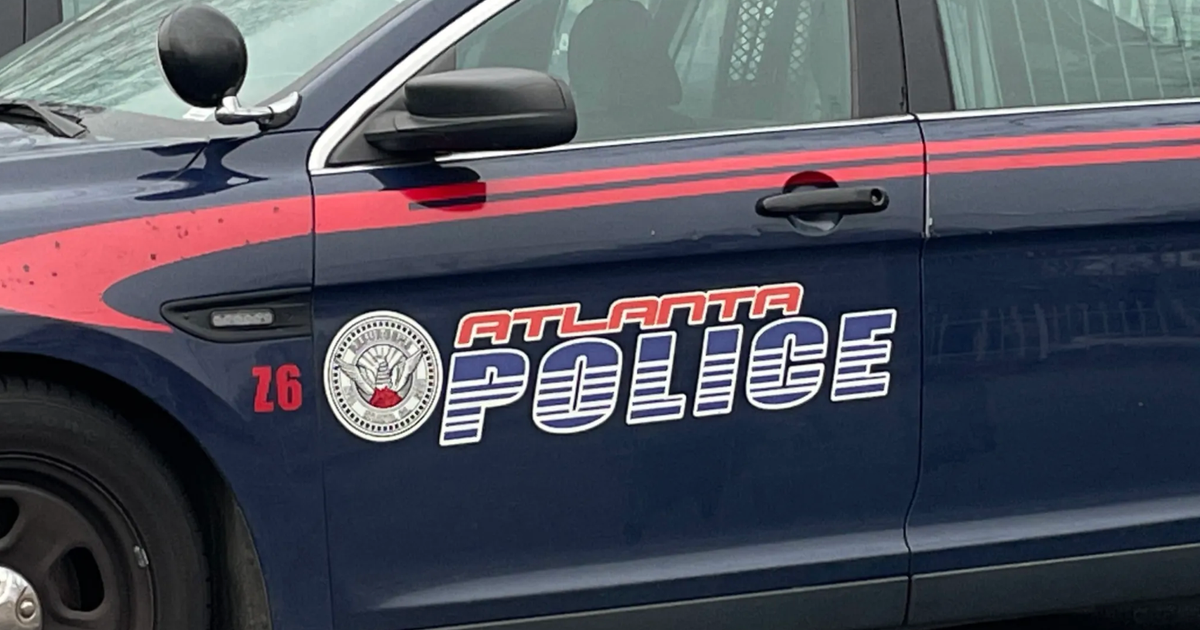CBS News: Boston Bombing Suspect Conscious, Talking To Authorities
BOSTON (CBSNewYork/AP) - Boston Marathon bombing suspect Dzhokhar Tsarnaev was conscious Sunday night, and was responding in writing to authorities, CBS News has confirmed with law enforcement officials.
No further details on what authorities were asking Tsarnaev, or his responses were available Sunday night, CBS News Correspondent Bob Orr reported.
As CBS 2's Dave Carlin reported, Dzhokhar Tsarnaev, 19, remained hospitalized at Beth Israel Deaconess Medical Center in Boston Sunday night under heavy guard.
And as for actually getting Tsarnaev to talk verbally, that may be impossible, several sources have said.
Tsarnaev had been shot in the throat – possibly in a self-inflicted wound. The wound was an exit wound to the back of the neck, and investigators said he lost so much blood from that wound and another in his leg that he may not have survived if he had not been found in time.
But as it stands now, multiple sources from hospital representatives to lawmakers have said he might never speak again, according to published reports.
U.S. Sen. Dan Coats (R-Ind.), a member of the Senate Intelligence Committee, said questioning Tsarnaev might not be possible.
Boston Police Commissioner Ed Davis said Tsarnaev's injuries are preventing a prolonged interrogation of any kind.
When asked if he thought Tsarnaev was going to pull through, Davis told CBS News' Scott Pelley, "I wouldn't comment." When asked whether the wounds were serious enough that Tsarnaev might not make it, Davis said, "They are serious wouds."
But the FBI has a lot of questions for Tsarnaev.
"The FBI still really wants to ask him about the plot – how the bombs were built, and how the brothers initially escaped detection," CBS News' Orr reported.
Meanwhile, investigators have been collecting evidence at crime scenes in Boston and Watertown, Mass., in order to bring charges against Tsarnaev, which sources said could come early this week.
The most serious charge available to federal prosecutors would be the use of a weapon of mass destruction to kill people, which carries a possible death sentence.
CBS News Senior Correspondent John Miller said the suspect might have attempted suicide before he was captured.
"Of course, he and his brother were in a big shootout, but they're saying that wound to the back of the neck is very possibly a suicide attempt. They say it appears from the wound that he might have stuck a gun in his mouth and fired and actually just went out the back of his neck without killing him," Miller said.
Dzhokhar Tsarnaev was pulled from a tarp-covered boat in a Watertown backyard. The capture came at the end of a tense Friday that began with his 26-year-old brother, Tamerlan, dying in a gun battle with police.
Meanwhile, investigators said after the shootout that killed Tamerlan Tsarnaev overnight Thursday into Friday, police realized the terror wasn't over.
Police Commissioner Davis told CBS News' "Face the Nation'' that authorities found an arsenal of homemade explosives after a gun battle between police and the suspects in the Boston suburb of Watertown early Friday.
"There were over 250 rounds of extended ammunition that was found at the scene. This was a five- to 10-minute gun battle that occurred there, punctuated by loud explosions,'' Davis continued, adding that the explosive devices were homemade.
The scene was loaded with unexploded bombs, and authorities had to alert arriving officers to them and clear the scene, Davis said. One improvised explosive device was found in the Mercedes the brothers are accused of carjacking, he said.
"This was as dangerous as it gets in urban policing,'' Davis said.
Speaking on "60 Minutes" Sunday night, Davis would not say whether he believed Tsarnaev's neck wound was a suicide attempt. When CBS News' Scott Pelley asked if there was a chance that Tsarnaev might not make it, he answered that the suspect had suffered "very serious wounds."
Investigators have been combing through the brothers' lives to try to determine a motive.
In 2011, the FBI questioned Tamerlan about possible links to radical Islam.
U.S. Rep. Mike Rogers (R-Mich.), chairman of the House Intelligence Committee, said Tamerlan may have traveled overseas using an alias before the attack.
"That's probably where he got that final radicalization to push him to commit acts of violence, and where he may have received training," Rogers said.
Meantime, the American Civil Liberties Union and a federal public defender raised concerns about investigators' plan to question Dzhokhar Tsarnaev without reading him his Miranda rights.
U.S. officials said an elite interrogation team would question the Massachusetts college student without reading him his Miranda rights, something that is allowed on a limited basis when the public may be in immediate danger, such as instances in which bombs are planted and ready to go off.
ACLU Executive Director Anthony Romero said the legal exception applies only when there is a continued threat to public safety and is "not an open-ended exception'' to the Miranda rule, which guarantees the right to remain silent and the right to an attorney.
But some Republican lawmakers have said federal authorities should go even further than withholding Tsarnaev's Miranda rights, and declare him an enemy combatant. That way, he could be questioned without a lawyer for a minimum of 30 days.
Former New York City Mayor Rudy Giuliani said doing so could mean better intelligence, prosecutions and even deterrence.
"These people are at war against us. We are in a war," Giuliani said. "That's why I think they should be called enemy combatants, because that they decided do an act of war against the United States. It wasn't just a domestic crime."
The federal public defender's office in Massachusetts said it has agreed to represent Tsarnaev once he is charged. Miriam Conrad, public defender for Massachusetts, said he should have a lawyer appointed as soon as possible because there are "serious issues regarding possible interrogation.''
President Barack Obama has said there are many unanswered questions about the bombing, including whether the Tsarnaev brothers - ethnic Chechens from southern Russia who had been in the U.S. for about a decade and lived in the Boston area - had help from others. The president urged people not to rush judgment about their motivations.
PHOTOS: Bomb Suspect Hides Out
People who knew Dzhokhar Tsarnaev and his brother spoke to Pelley on "60 Minutes" Sunday night. Friend Rose Schutzberg said she was "floored" by the revelations.
"I saw his name spelled out perfectly on the New York Times Web page, and I lost it, really," she said. "My heart started racing. I started to feel anxious."
Schutzberg said she'd admired Tsarnaev and even had a crush on him, but had not communicated with him in some time. She said the person she knew was nothing like the picture that emerged in the wake of the violence in Boston.
"He was usually smart, but also humble, and, you know, incredibly funny," Schutzberg said. "He was just an all-around wholesome and good person."
Meanwhile, fellow University of Massachusetts Dartmouth students said Dzhokhar Tsarnaev was "not even a little" overtly religious.
"If someone a few days ago told me that one of my friends was responsible for the bombing in Boston, I would have named of at least 90 percent of everyone I know before I said Dzhokhar," said Ahmad Nassri.
Members of the Muslim Students' Association at the school told Pelley they wished Tsarnaev had come to a meeting at some point, so he could have learned more about his religion.
But Al Ammon, a neighbor of Tamerlan Tsarnaev's, said the older suspect was fanatical and disagreeable.
"He was explaining how the Bible is a cheap copy of the Quran, and how it's used for the American government as an excuse to invade other countries, and he also said that the most casualties in Afghanistan and Iraq are innocent bystanders gunned down by American soldiers," Ammon said.
Ammon said Tamerlan Tsarnaev strongly believed what he said.
The bombings at the marathon last Monday killed three people and injured more than 180.
Investigators have not offered a motive for the Boston attack. But in interviews with officials and those who knew the Tsarnaevs, a picture has emerged of the older one as someone embittered toward the U.S., increasingly vehement in his Muslim faith and influential over his younger brother.
As of Saturday, more than 50 victims of the bombing remained hospitalized, three in critical condition.
Read More About The Boston Marathon Bombings:
(TM and © Copyright 2013 CBS Radio Inc. and its relevant subsidiaries. CBS RADIO and EYE Logo TM and Copyright 2013 CBS Broadcasting Inc. Used under license. All Rights Reserved. This material may not be published, broadcast, rewritten, or redistributed. The Associated Press contributed to this report.)
